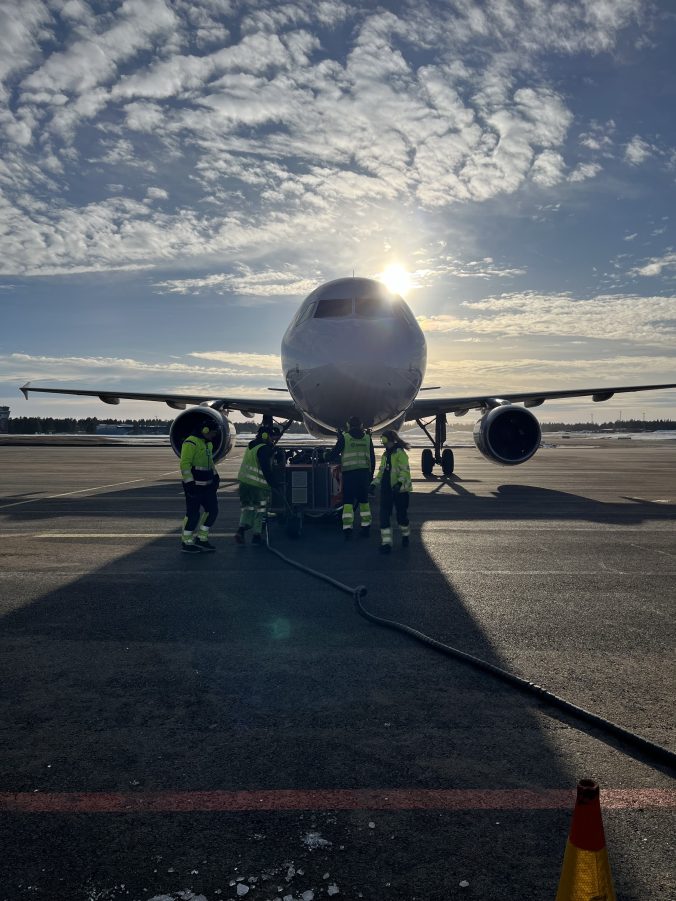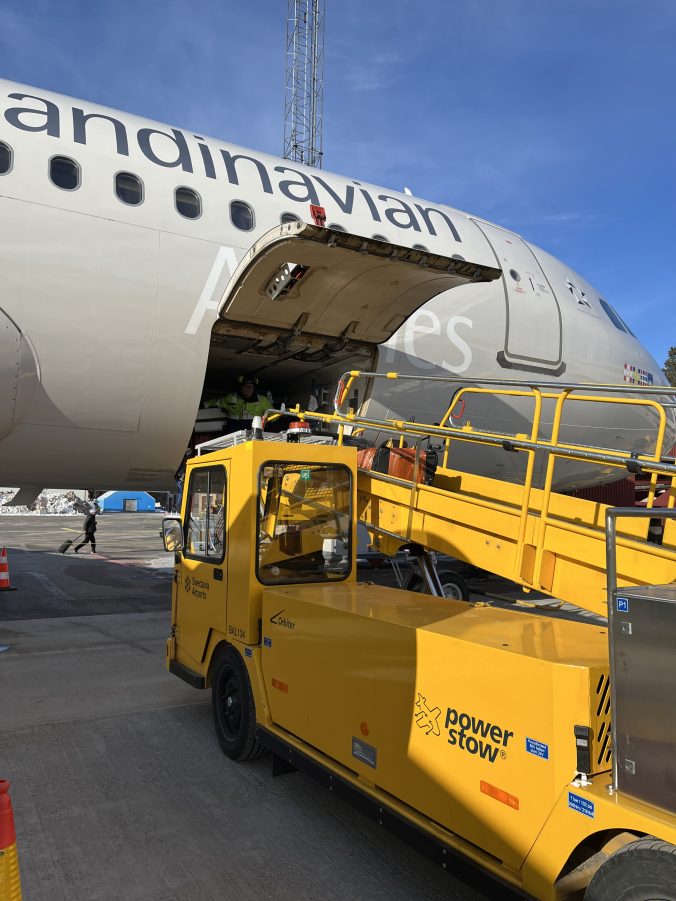Nyligen samlades TARA-projektets referensgrupp för att diskutera nästa steg i arbetet med att kartlägga och förbättra arbetsmiljön för flygplatspersonal i samband med införandet av ny teknik. Mötet bjöd på många värdefulla insikter, särskilt kring projektets slutprodukt, enkätdesign och hur vi bäst fångar olika dimensioner av arbetsmiljön.
TARA-projektet fokuserar på att öka kunskapen om hur nya tekniker – exempelvis automation, robotisering och AI – påverkar arbetsmiljön för lastare, flygplatstekniker och tankningspersonal på Sveriges flygplatser. Projektet bedrivs i nära samarbete med TYA (Transportfackens Yrkes- och Arbetsmiljönämnd) inom ramen för ett aktionsforskningsupplägg, där forskare och praktik möts för att tillsammans skapa ny kunskap och lösningar. Genom fältstudier, intervjuer och en enkätstudie syftar projektet till att både förstå nuläget och skapa stöd för framtida implementeringar av teknik, med arbetsmiljö i fokus. Projektet är finansierat av AFA.
Vid vårens referensgruppsmöte diskuterades bland annat den framtida slutprodukten – en möjlig utbildning eller checklista som stöd vid teknikinförande – samt enkätens utformning. Deltagarna betonade vikten av att anpassa materialet till olika roller inom organisationen, och att både teknikanvändningens konsekvenser och införandeprocessen behöver belysas. Diskussionen visade också tydligt att arbetsmiljön bör betraktas ur flera perspektiv: fysiskt, psykosocialt, kognitivt, organisatoriskt, digitalt och emotionellt.
Vi fick också många konkreta tips kring exempelvis hur teknikanvändning kan kategoriseras i enkäten och vad som kan underlätta en hög svarsfrekvens.
Vill du läsa mer om projektets tidigare referensgruppsmöte från hösten 2024? Ta gärna del av det här inlägget: Highlights from the TARA project’s second reference group meeting
Vi ser fram emot att fortsätta det gemensamma arbetet framåt och tackar alla deltagare för ett engagerat och tankeväckande möte!









